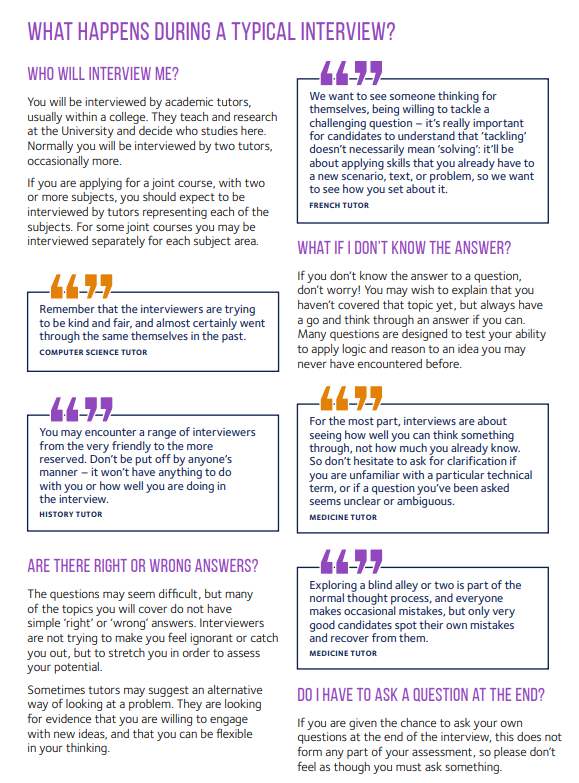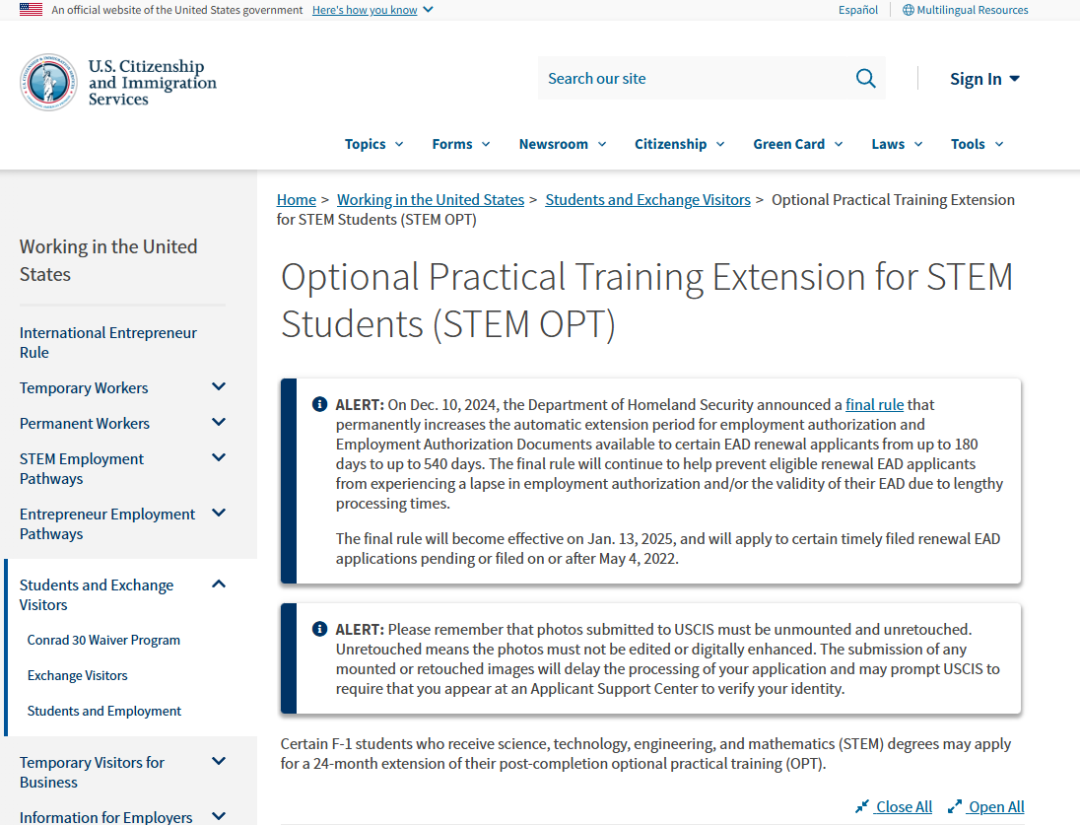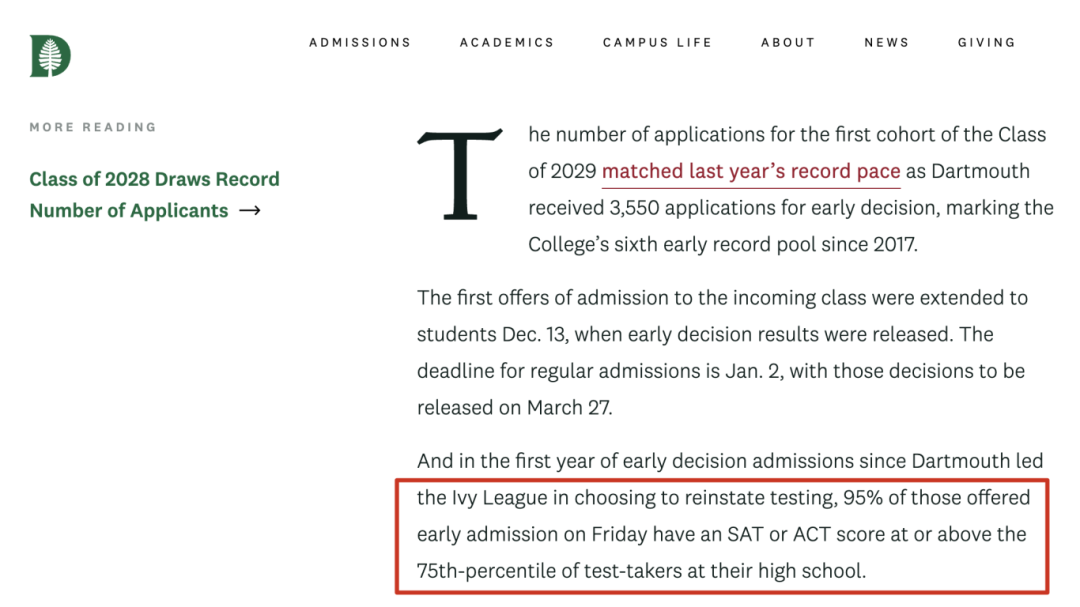口语中有一类题考察 manners。
比如 manners 该学校教还是父母教,(中文 “家教” 这个词就已经站边了)
2022.09.17 PM
Some people believe that teaching children good manners is entirely the responsibility of families. Others believe that schools should also spend time teaching young children good manners and politeness. Which view do you agree with? Use details and examples to explain your opinion.
2018.03.03
Do you agree or disagree with the following statement?
The school should give students education on moral values.
Please include specific details and examples in your answer.
或者是围绕一些 bad manners 来提问,
2021 KCT Speaking 227
Do you agree or disagree with the following statement?
It’s impolite to interrupt people when they are talking.
Please include specific details and examples in your answer.
2019.06.29 Task 1
Do you agree or disagree with the following statement?
When receiving gifts that we don't like, we should send them back.
Please explain why in details and examples.
2016.07.03 Task 1
Do you agree or disagree with the following statement?
It's impolite to make calls or send text messages on a dinner table.
Please explain why in detail and examples in your answer.
2015.07.12 Task 1
Some people think it's good that the trains provide quiet place where people aren’t allowed to use cellphones to talk loudly. Others disagree. What one do you agree with? Please explain why and include specific details in your answer.
今天分享一个和 manners 有关的素材,素材里细化概念这个方面做得特别好,平时如果对于 “展开内容” 不是很熟练的同学,可以积累模仿下。几个素材的要点:
01 对别人有礼貌的人,会被人所记住。
02 父母最应该教导小孩的就是尊重以及不嘲笑他人。
03 父母教小孩礼貌和尊重,就是对待小孩时要有礼貌和尊重他们。
04 父母一定要尊重别人,因为小孩子会观察和学习,最重要的是,孩子也会以父母对待别人的方式去对待父母以及其他人。
Manners should be taught at home, not in the classroomA teacher - and mom - says that teachers often nurture children's use of manners. But parents should be the primary source of teaching manners to kids.
I overheard a conversation between 4-year-olds at a school I worked at a couple of years ago that has stuck in my head ever since. A child was sitting in the nurses office and expressed to a classmate that he was afraid. His classmate reassured him everything will be fine, that it was OK to be scared, and offered to hold his hand. It made me realize how compassionate, caring, and respectful children can be at such a young age. Manners are taught. When I was a child, manners were greatly emphasized and taught by my parents.
Nowadays, as a teacher, I often have to constantly remind students to say such things as “thank you” and “excuse me.”I always remember those students who were respectful long after they leave my classroom.
Students who always asked to help carry books or supplies, who greeted their classmates in the morning, or who always said "excuse me," "thank you", "please," and "ma’am" and "sir."
I do not believe teachers are required to teach their students how to have manners.
I consider it part of the parents’ job to teach manners and respect - especially to older students.
Reminding pre-schoolers or kindergarteners to say “please” and “thank you” in the classroom is fair, but beyond that, children should understand the basics.
One of the basics a parent should teach their older children especially, is respect and not to laugh at someone else if he looks different.
I remember a couple of years ago at a school I worked at, a child pointed to my hijab, while giggling, and said "Why do you wear that on your head, do you have cancer or do you think it's just cool?" I was startled, but calmly explained to her how we are all different and we should respect one another.
As a first time parent I realize the importance of instilling manners now more than ever before. I remember when I used to deal with a rude child, I would tell myself I would never let my child do that, and how dare his parent let him act like that. As a parent, I now understand that children have good and bad days. Sometimes they will express their anger and frustration through tantrums and yelling. And often times they will be finicky if they're hungry or sleepy or in a new environment.However, it’s really never too early to start teaching children how to be respectful.
We have been teaching our 1-year-old daughter how to say "please" and "thank you." Every time she hands us something, we tell her thank you. We also teach her respect by being respectful to her. Similarly, when we ask her to do something, we ask politely, even if we are being firm with her.
For example, in toddler terms I would say, “Please stop throwing the broccoli on the floor because you are wasting it and making a mess. Please eat the broccoli.” In today’s fast-paced world, mobile technology and social media are two factors slicing full conversations down to shorthand, with little room for niceties.
I'm in awe when I go out to eat and see all members of a family using their smart phones. Or when a parent repetitively ignores their child's pleas, while updating her Facebook status about how much she loves her adorable child.
It’s not surprising when I meet children in the classroom who don’t have manners, because many adults don’t. I often have to stop myself and take a step back and remember my own manners.
For example, I have been making an effort to ask sales people and cashiers how they’re doing and greet them before I ask them a question. Even by sending an e-mail to a friend or colleague by starting off with a “how are you doing” is part of my Internet etiquette.
I recently moved to Pittsburgh from South Carolina and went to the Department of Motor Vehicles to re-apply for a new driver's license. While waiting with my daughter and husband, I saw a man standing, clearly angry that his number hadn't been called yet, cursing. Here I was, in a new city, trying to teach my daughter to pronounce the word "please" and this man was using explicit language in public.
When children see their parents using manners, whether with strangers, other children, or adults, they will pick up on it.
My parents taught us to address people formally when speaking to adults. Likewise, they always told us to stand up and give up our seat if we saw an older person walk in a room, or riding public transportation. Although these are quite formal in today's standards in America and times have changed, these practices helped me succeed and be aware of my every day manners. Children don't need to take classes on etiquette or learn from a TV show the significance of manners.
Rather, they need discipline to practice manners and reminders from their parents. Parents should be extra respectful to others while their children are with them so they can see and learn. And most importantly, parents should treat their own children with respect so they can reciprocate it back to them and to everyone they interact with, including teachers.













